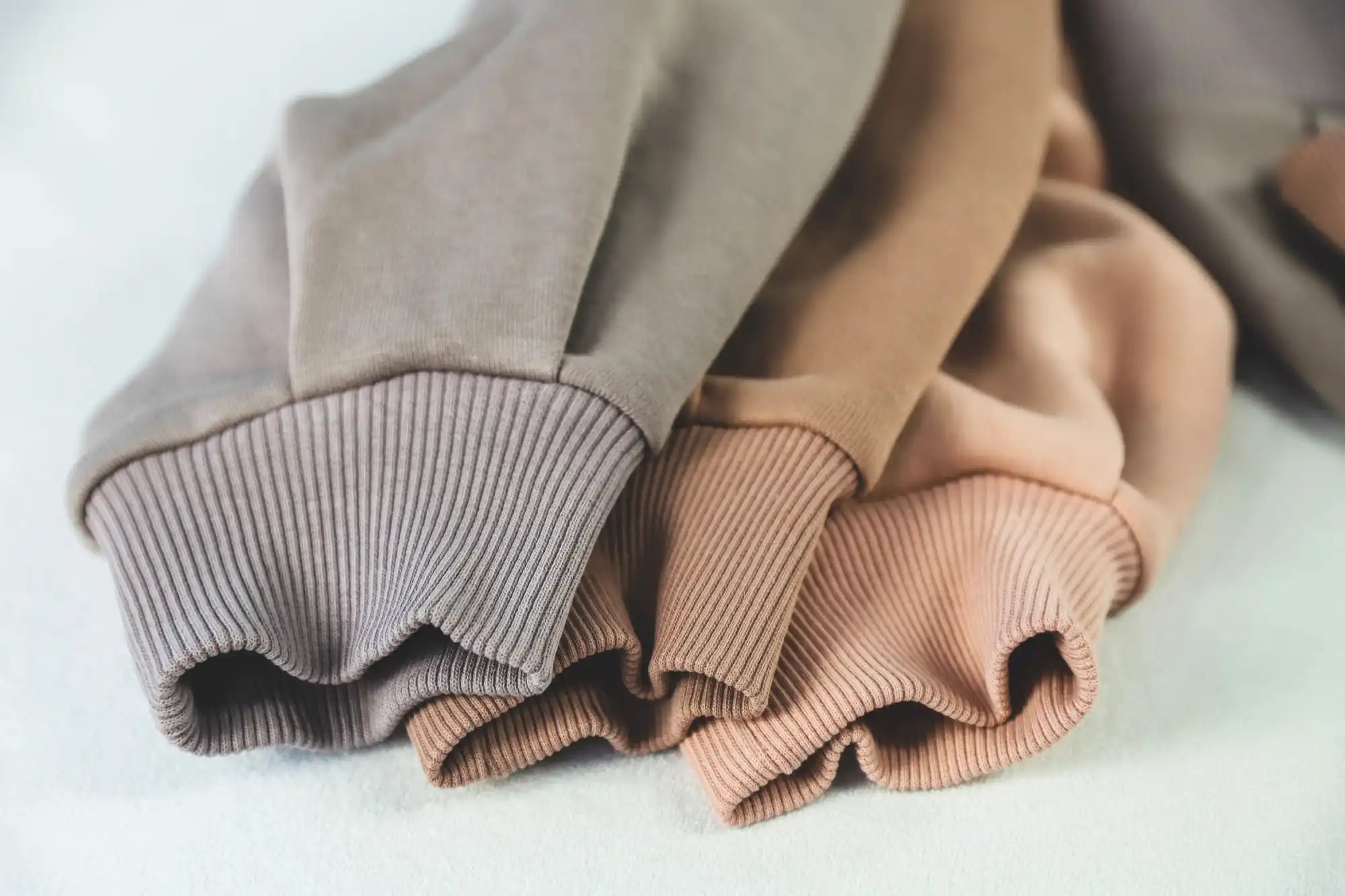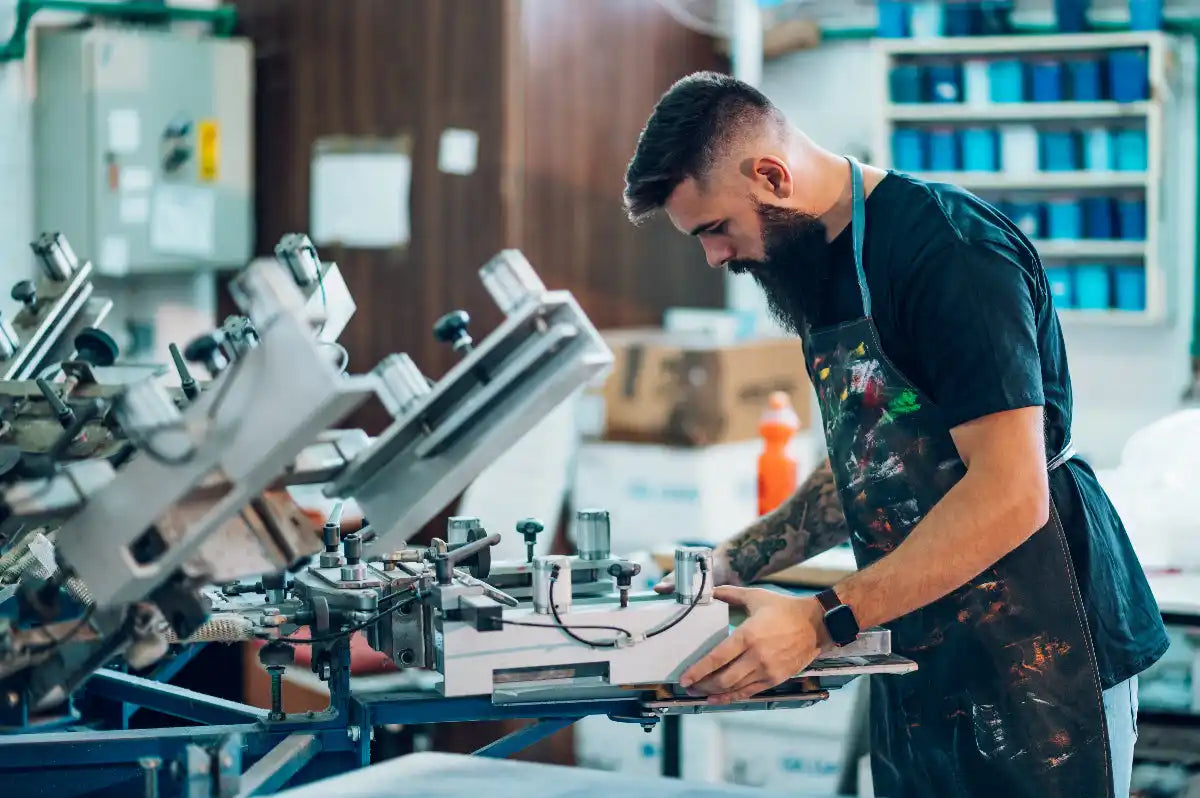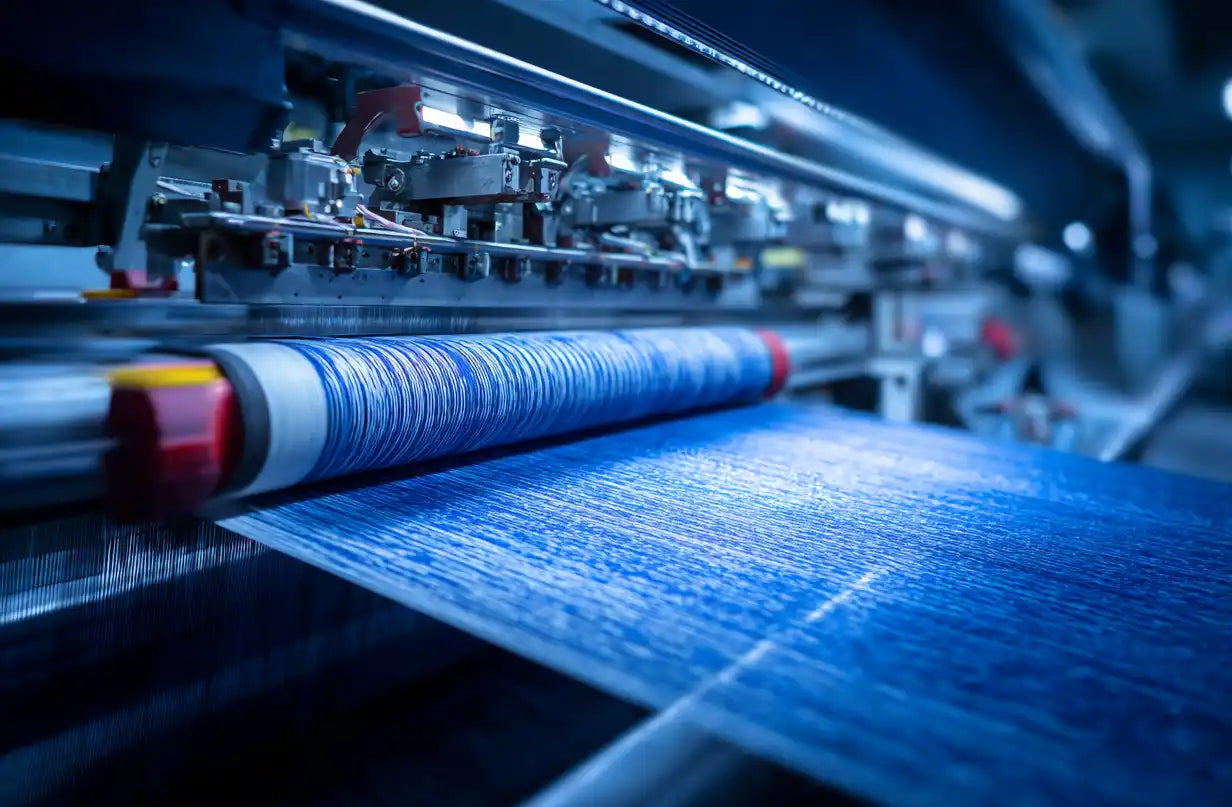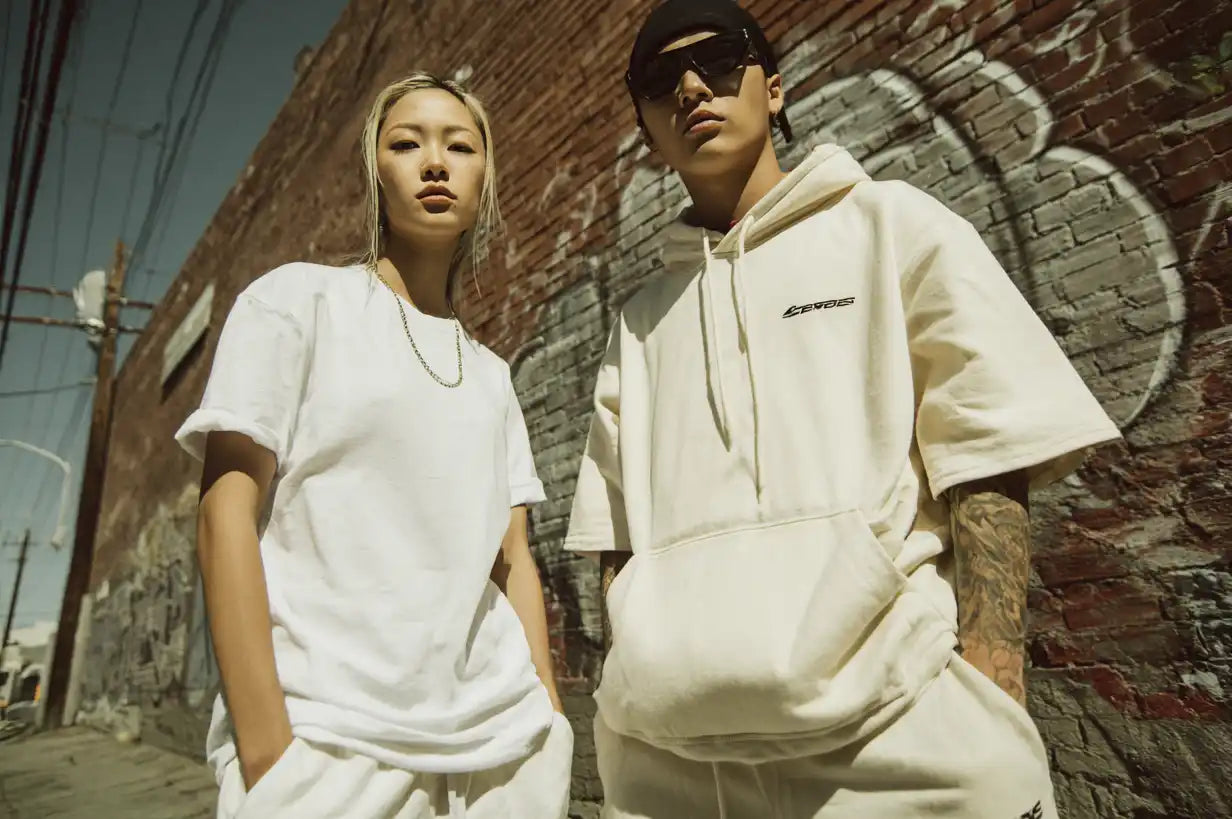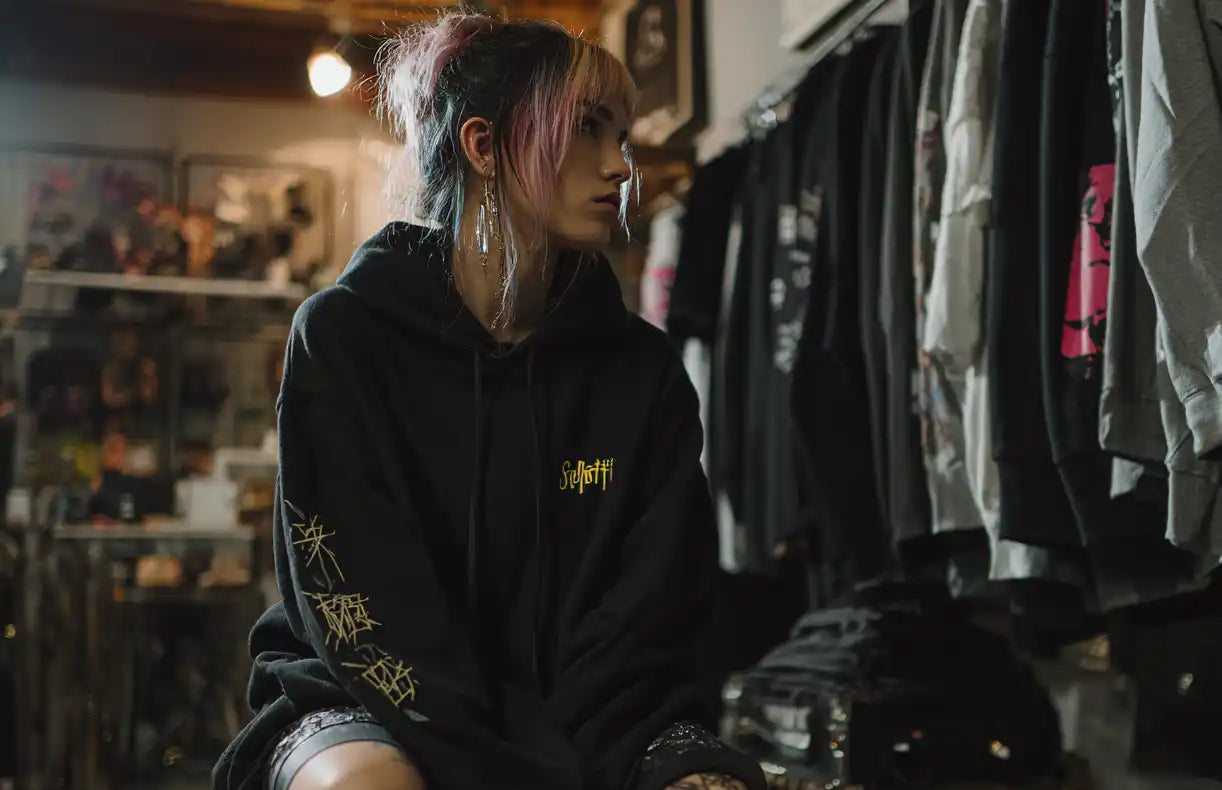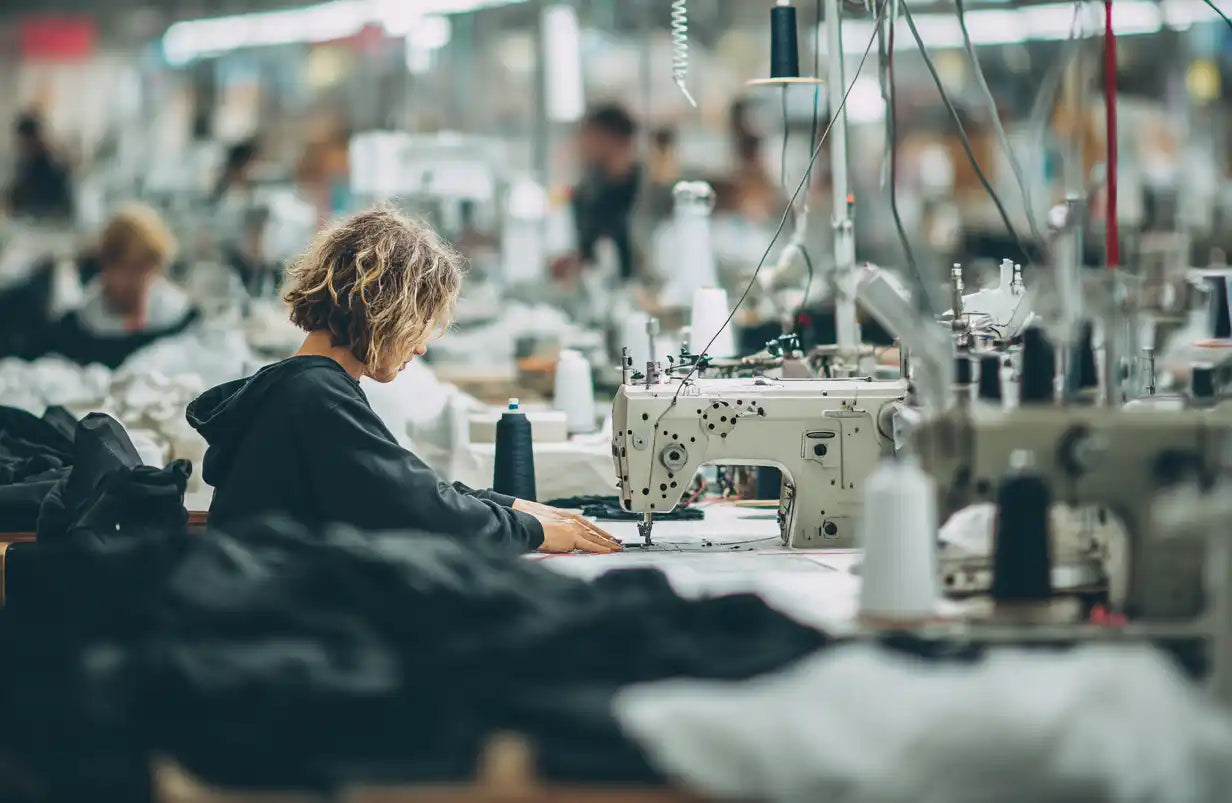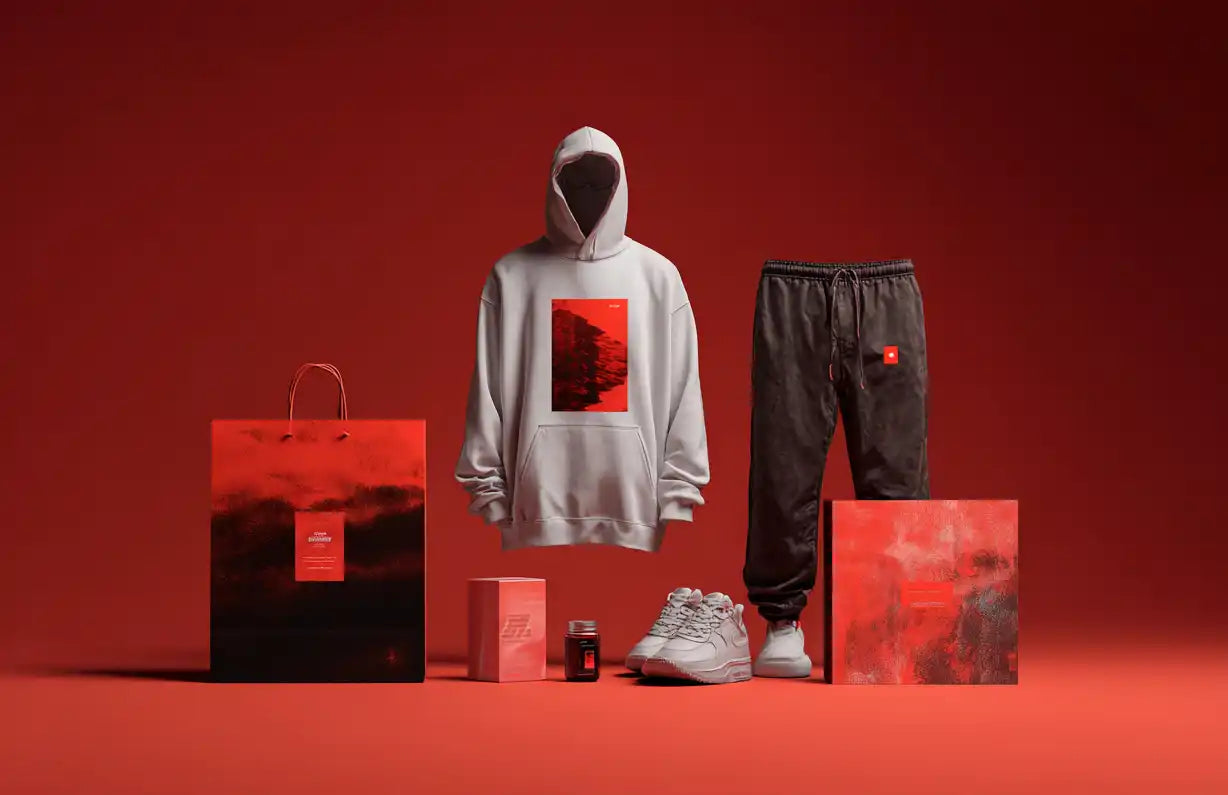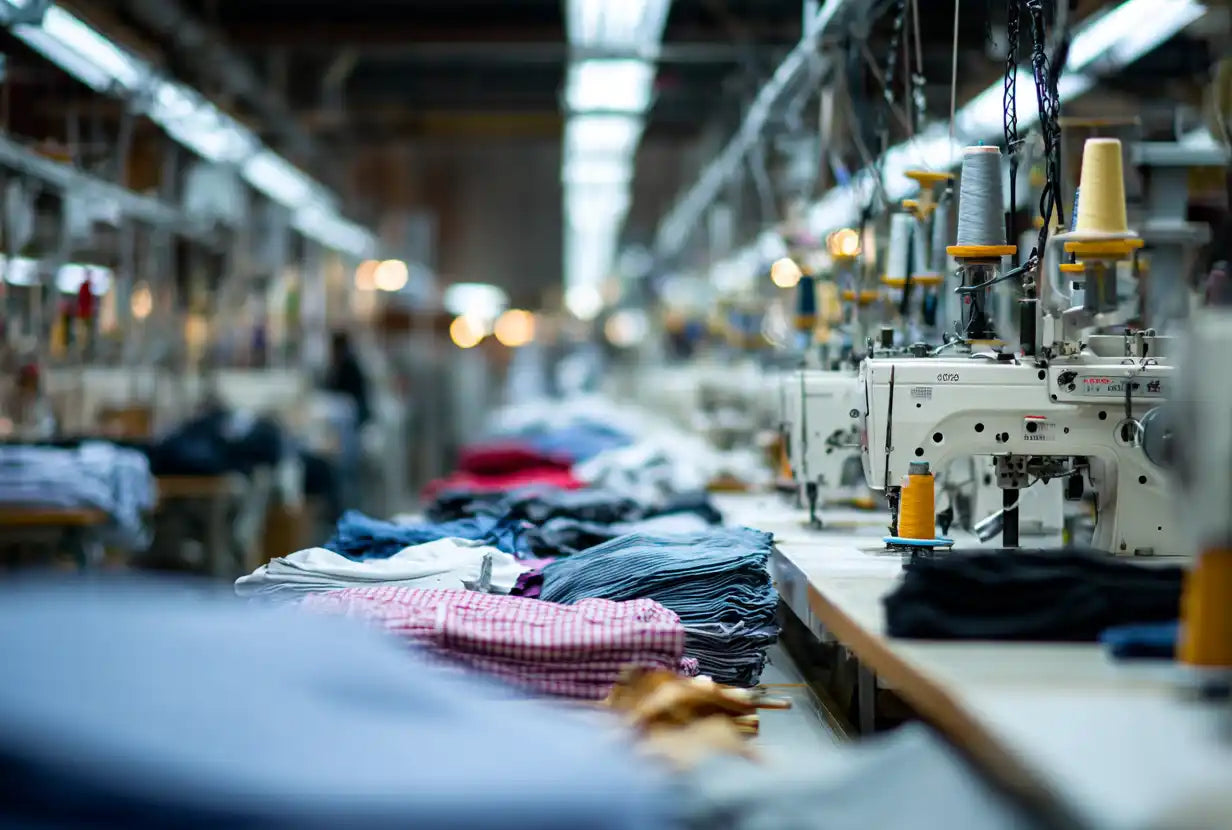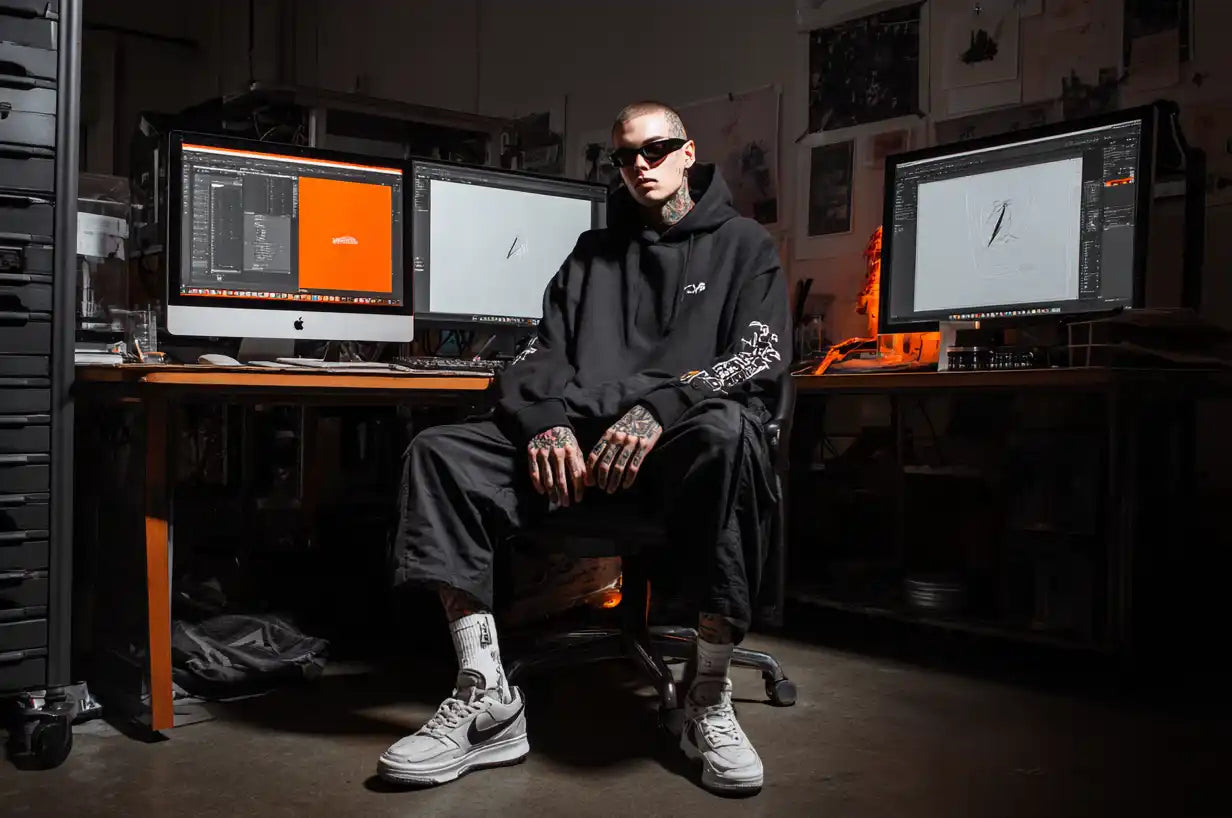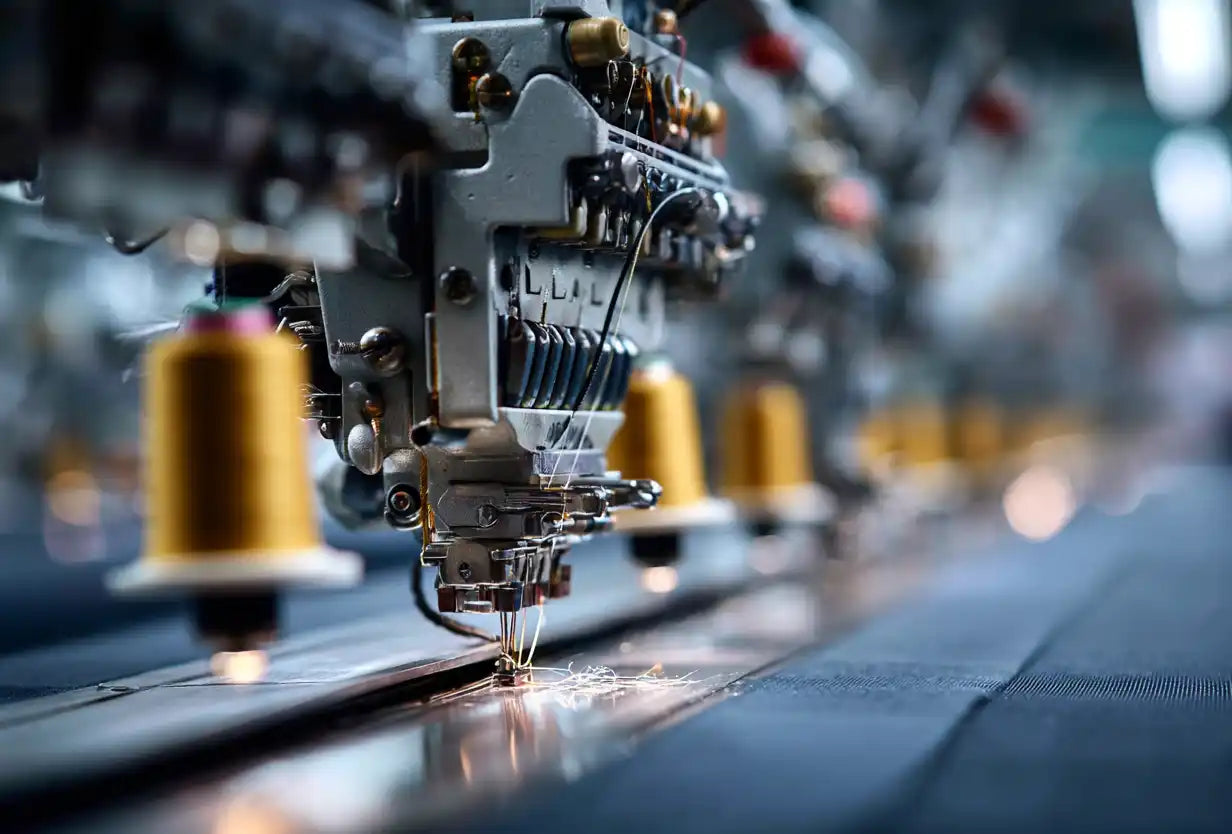Why the regular t-shirt still leads custom apparel in 2025
The regular t-shirt remains one of the most widely used garments in custom apparel manufacturing. Its universal appeal, low complexity in production, and versatility for printing and branding keep it at the center of many brands’ first collections. In 2025, brands that prioritize sustainability, traceability, and high-quality European production increasingly choose Portugal as their manufacturing partner.

A quick framing: market context and Portugal’s role
Global t-shirt demand continues to grow, driven by customization, sustainability trends, and the rise of direct-to-consumer brands. Portugal’s textile industry strengthened its position by combining competitive European lead times, lower minimums suited to startups, and a strong focus on certified eco-fabric options. For brands that want shorter transit times to the EU and U.K., plus strong quality standards, Portugal offers a compelling balance of reliability and prestige.
Why brands choose regular t-shirts as the foundation of a collection
Regular t-shirts function as both a primary product and as a testbed for experimentation. They are ideal for: establishing brand fit profiles, testing fabric choices like organic cotton or bamboo blends, and validating colorways before moving to higher unit items like hoodies or outerwear. Because production is technically less complex than multi-panel garments, t-shirts are a low-risk, high-value place to start.
Portugal advantages — quality, speed, sustainability
Portugal offers vertically integrated mills and factories which can source, dye, knit, and finish garments under one roof. That verticality reduces quality variance and speeds up sampling. Many Portuguese manufacturers also hold GOTS, OEKO-TEX, and other certifications, making it easier for brands to market sustainably made collections with credible documentation.
Fabric selection: choose the right knit
Fabric choice determines the garment’s hand, drape, durability, and suitability for printing or finishing. Below is guidance to choose fabrics that align to brand positioning and function.
100% cotton — the everyday workhorse
100% cotton offers breathability and printability. It’s the most cost-effective option for bulk and printing blanks. Choose ringspun cotton for a softer hand, and request GSM (grams per square meter) and shrinkage tests. For brands targeting a premium audience, a mid-weight ringspun (160–200 GSM) offers good structure and printing results.
Organic cotton — sustainability without compromise
Organic cotton is now mainstream for conscious brands. Compared to conventional cotton, organic reduces pesticide use and can improve brand storytelling. Portuguese mills that source GOTS-certified organic cotton simplify verification and marketing claims for brands selling in environmentally sensitive markets.
Blends (cotton-poly, bamboo blends)
Blends add durability, stretch recovery, and moisture management. Cotton-poly blends are common for activewear and durable retail blanks. Bamboo blends add softness and natural moisture wicking — ideal for lifestyle and athleisure collections.
Customization methods & how to plan for them
Choosing the right decoration method affects minimums, lead times, and per-unit costs. Below are practical recommendations for each method.
Screen printing — best for bulk runs
Screen printing gives vivid, durable prints at low per-unit cost when ordered in large runs. Use water-based inks for softer hand and eco credentials. Typical add-on costs vary depending on color count and print placement.
Embroidery — premium texture
Embroidery is ideal for small logos or chest marks and creates a premium perception. It adds cost but increases perceived garment value and retail price potential. Portuguese factories often handle embroidery in-house or via trusted local partners.
DTG and sublimation — for complex art
Direct-to-Garment (DTG) supports full-color, photo-quality prints on small runs. Sublimation is best for polyester fabrics and all-over prints. Both offer low MOQ options, but per-unit costs are higher than large-scale screen printing.
Cost, MOQ, and lead time expectations (practical planning)
When planning production, align your unit economics with MOQ realities and lead times. Typical regional comparisons in 2025 help set realistic expectations:
Portugal: MOQs often start at 100–300 units per style, average production lead time 4–8 weeks for bulk orders, and strong on quality control and sustainability documentation. Typical FOB unit costs for cotton t-shirts range from roughly €3.20 to €7.50 depending on fabric and finishing.
Asia (Bangladesh, China): Lower unit costs but higher MOQs (500–1000), longer lead times (10–14 weeks), and longer shipping times to EU markets. If you need speed to market and smaller runs, Portugal is often a better fit even with a higher unit cost.
Practical production checklist for first-time brands
- Start with swatches: Request swatches with GSM, shrinkage tests, and colorfastness reports.
- Confirm certifications: Ask for GOTS/OEKO-TEX reports when sustainability is required.
- Define decoration strategy: Decide which designs need DTG or sublimation and which are screen printed to budget correctly.
- Negotiate MOQs: Many Portuguese manufacturers will lower MOQs for a small premium or a first order agreement; clarify this early.
- Create a tech pack: Include flat sketches, measurements, fabric codes, and fit notes to avoid back-and-forth sampling.
Case study snapshot — startup growth using Portugal
A Berlin eco-streetwear startup launched with 150 organic cotton t-shirts made in Portugal. They used GOTS certified fabric and started with DTG prints to test styles. Over two years they scaled to 10,000+ units while maintaining quality and fast EU distribution — a clear illustration of how Portugal’s low MOQ and quality advantage support startup scaling.
How to verify manufacturer credibility
Ask for documented proof: manufacturing certifications, recent audit reports, references from other brands, and photographic proof of in-line production. Where possible, request a factory visit or hire a third-party QC company to inspect pre-shipment samples. Portuguese manufacturers are typically open to providing production documentation and sample photos to build trust.
Internal linking opportunities (contextual recommendations)
To build topical authority and help users navigate, place the following links contextually within your content where noted:
- When discussing Portuguese manufacturing credibility and full production services: link to Clothing Manufacturers Portugal: Your Complete 2025 Guide to Quality Production.
- When recommending fabric choices and sustainability proofs: link to Premium Blank T-Shirts Portugal: Discover the New 2025 Trends.
- When explaining low MOQ advantages and startup use cases: link to Low MOQ Clothing Portugal: A Startups Guide to Small Batch.
- When referencing decoration options and tech-packs: link to Clothing Tech Pack Guide: How to Build a Tech Pack.
- For collection cross-sells, link to product collections where relevant: T-Shirt Collection, Hoodies.
Interactive FAQs
Why choose Portugal for custom t-shirt manufacturing?
Portugal combines high manufacturing standards, reasonable MOQs for startups (100–300 units), and fast lead times (4–8 weeks). Portuguese mills often provide sustainable fabric options and relevant certifications (GOTS, OEKO-TEX), simplifying compliance and marketing for eco-oriented brands.
What fabrics should I consider for premium t-shirts?
Consider ringspun cotton for softness, organic cotton for sustainability claims, French terry for premium athleisure, and bamboo blends for moisture management. Always request GSM, shrinkage tests, and a swatch pack before committing to production.
How much does customization add to unit cost?
Decoration costs vary based on method. Screen printing may add €0.50–€1.50 per piece, embroidery €1.00–€2.00, DTG €2.50–€4.00, and sublimation €3.00–€5.00. Discuss bulk pricing tiers with your supplier for cost efficiencies as you scale.
How long does sampling and production take in Portugal?
Sampling often takes 1–3 weeks depending on complexity. Bulk production lead times typically range from 4–8 weeks. Always confirm timelines with written production schedules and include time for shipping and customs when planning launch dates.
Can I source organic or recycled fabrics in small runs?
Yes. Many Portuguese mills offer organic or recycled fabric options with low MOQs. Expect a premium on material cost and plan slightly longer lead times for specialized fibers, but the ethical and marketing benefits often justify the investment.
Conclusion / Summary
Regular t-shirts are an essential, strategic product for brands building identity and testing market demand. Portugal remains an excellent partner in 2025 for brands that want a combination of high quality, lower MOQs, credible sustainability, and shorter delivery windows to European markets. By prioritizing fabric choice, clear tech packs, and a planned decoration strategy, brands can use Portuguese manufacturing to launch scalable, high-quality t-shirt collections that align with modern consumer expectations.
Ready to take the next step? If you want, we can map your internal URLs into specific anchor placements in the article (I have your sitemap) and generate ready-to-paste HTML with those anchor tags inserted exactly where you prefer.
Published by Athleisure Basics — practical sourcing advice for apparel brands. Explore related guides: Clothing Manufacturers Portugal: Your Complete 2025 Guide · Premium Blank T-Shirts Portugal

